1. The “Look” Said Everything

There was no need for yelling when a well-timed glance could stop you in your tracks. Parents and teachers had a way of raising an eyebrow or giving a steady stare that made you instantly rethink your choices. It wasn’t about fear but about knowing you had disappointed someone whose opinion mattered. That quiet form of discipline made you want to do better, not because you were scared, but because you respected them. No words were needed—just a glance that spoke volumes. It was a way of teaching self-control without ever raising a voice says Care.com.
That look wasn’t mean or harsh, just firm enough to remind you of expectations. It gave you the space to correct yourself without a big fuss. And when the look softened, you knew all was forgiven, no long lectures required. It was a simple, effective way to guide behavior while keeping mutual respect intact. Over time, you learned to carry that awareness into other situations. That one glance held more weight than a thousand shouted words ever could adds Parents.
2. A Firm but Calm Reminder

If you forgot your manners, no one screamed at you—they simply reminded you in a steady voice. “Try that again” or “Let’s use polite words” was enough to make you pause and adjust. Instead of feeling embarrassed, you felt encouraged to do better. The absence of yelling made the correction more effective because it was about learning, not punishment. You weren’t afraid to make mistakes, but you also knew they wouldn’t go unnoticed. That gentle expectation of respect shaped how you carried yourself shares Lifehacker.
This approach made you listen more closely, not because you feared consequences, but because you wanted to meet the standard set for you. A simple, “What do you say?” was all it took to remind you to add “please” or “thank you.” Without ever raising their voice, adults instilled the importance of respect through consistency. And that consistency stuck with you far beyond childhood. It created an environment where respect was given freely, not demanded through volume says the Washington Post.
3. Leading by Example
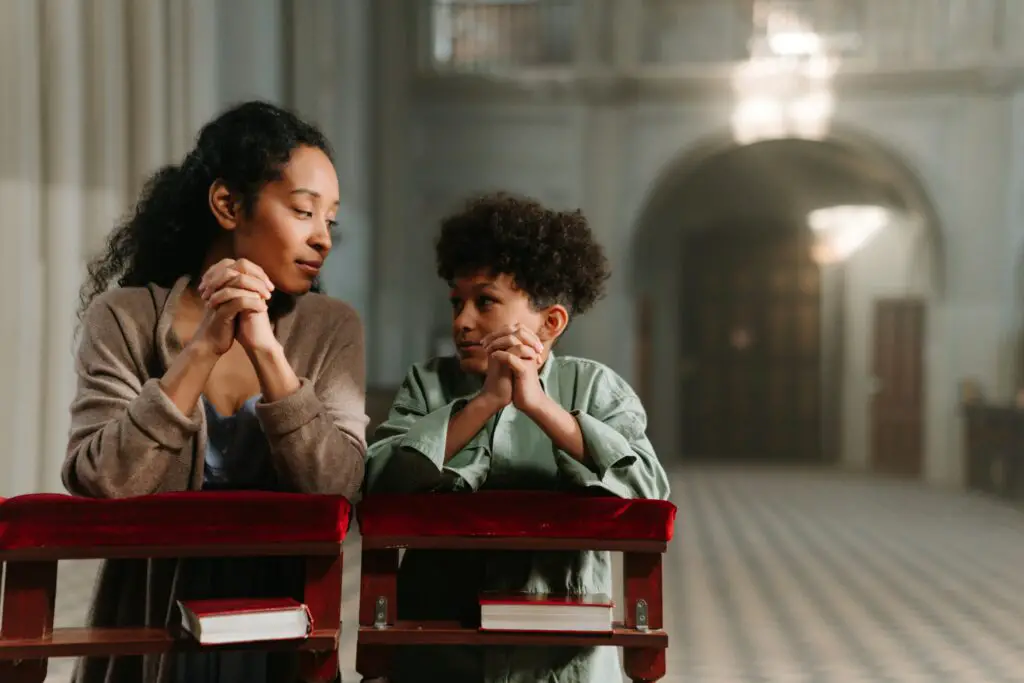
Adults didn’t just tell you to be respectful—they showed you how. You watched them speak kindly to others, hold doors open, and offer help without expecting anything in return. There was no need for lectures when their everyday actions taught you what was right. Seeing respect in action made it feel natural, not like a set of rules you had to follow. When you saw a parent apologize to a waiter for a mix-up or thank a cashier, you understood those small gestures mattered.
Without a single harsh word, they showed you that respect wasn’t about power—it was about kindness. If you forgot your manners, you weren’t shouted at; you were gently reminded by example. Over time, you mirrored that behavior, not because you were forced to, but because it felt right. Respect became a habit, not a demand. And it all started with watching how the adults around you treated others.
4. The Expectation of a Proper Apology
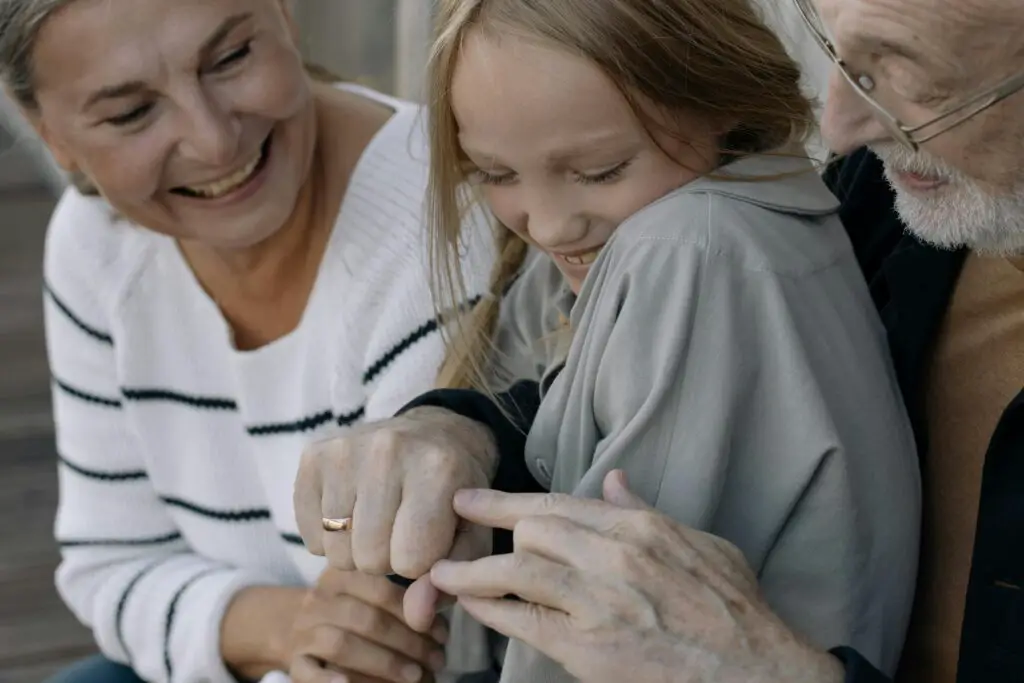
When you hurt someone’s feelings, even by accident, you were expected to make it right. There was no yelling, no guilt-tripping, just a quiet but firm expectation that you apologize. If you mumbled through it or avoided it, you’d hear, “Try that again.” It wasn’t about forcing an apology; it was about understanding why it mattered. The calm way it was handled made you focus on the impact of your actions, not just on getting out of trouble.
This taught you that respect meant owning up to your mistakes. It didn’t feel like a punishment, but rather a chance to make things better. And because the adults in your life apologized when they were wrong, you learned that saying “I’m sorry” wasn’t a sign of weakness. It was just part of being a decent person. Without ever raising their voices, they made respect something you wanted to give, not something you feared being forced into.
5. Giving Up Your Seat Without Being Told

If an older person or a pregnant woman walked onto a crowded bus, you stood up. No one had to tell you—it was just what you did. If you hesitated, a gentle “Do you think someone else could use that seat?” was all it took. The expectation was set early, and it wasn’t about making a big deal of it. It was a quiet, respectful habit that showed consideration for others.
This wasn’t about following rules—it was about paying attention to the needs of those around you. You weren’t yelled at for forgetting, but you were given a chance to notice and do the right thing. Over time, it became second nature to look around and see who needed help. That small act of kindness made the world feel a little more connected. And it all happened without a single raised voice.
6. Waiting Your Turn to Speak
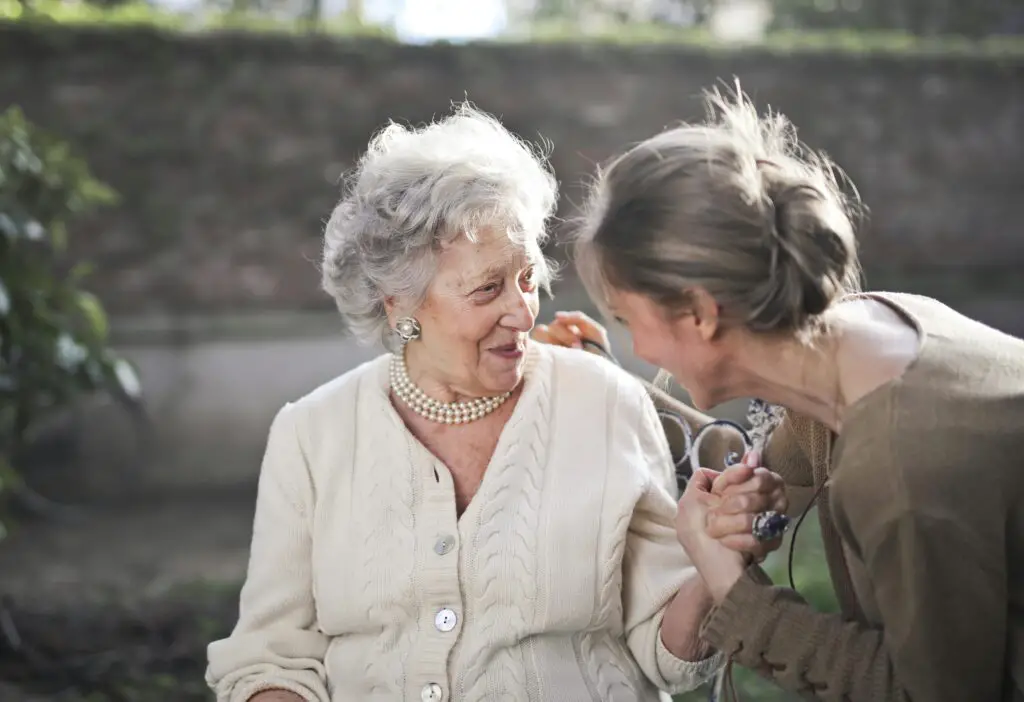
Interrupting wasn’t met with anger, just a patient, “Wait your turn.” It was never a punishment, just a lesson in listening. If you blurted something out, the conversation simply paused, and you were given a moment to realize your mistake. No scolding was necessary because the expectation was always clear.
This gentle correction made you pay closer attention to others. It taught you that everyone’s words had value, not just your own. Over time, you learned to listen first and speak second. And without ever being yelled at, you developed the kind of respect that made conversations better for everyone.
7. Holding the Door for Others
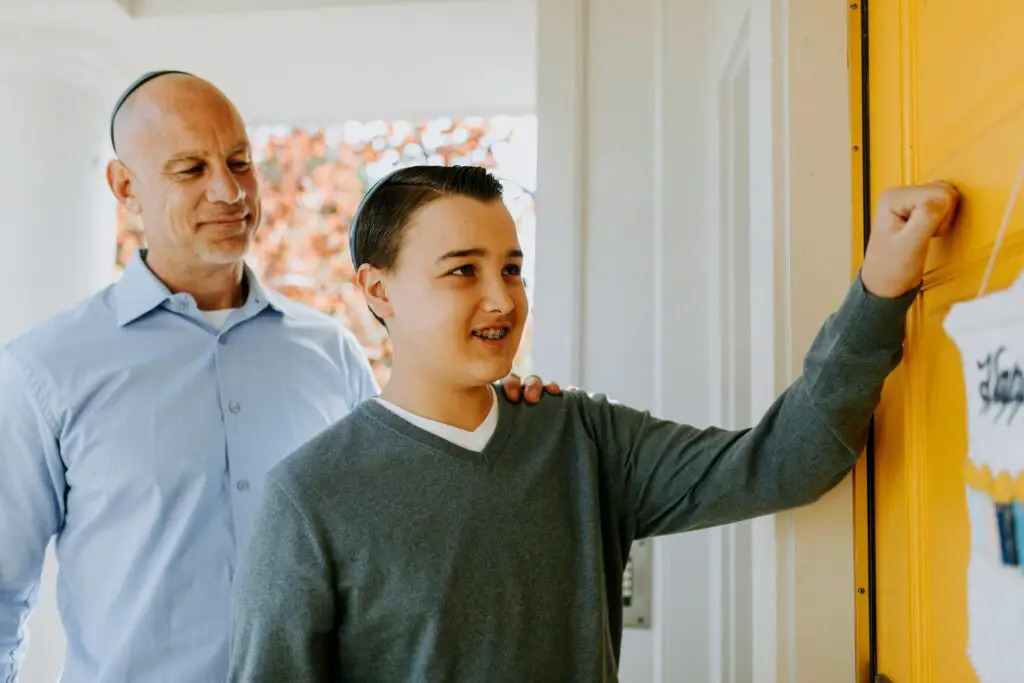
If someone was behind you, you held the door—it was that simple. If you forgot, a quiet, “Try that again,” was enough to make you go back. No one made a scene about it, but you definitely noticed when you slipped up. Watching others do it reinforced that it was just the right thing to do.
This little habit wasn’t about praise; it was about awareness. You weren’t scolded if you forgot, but you also weren’t let off the hook. Eventually, it became automatic, not because someone told you to, but because it just felt natural. Respect was never about grand gestures—it was in the small, everyday moments.
8. Acknowledging Others With a Greeting
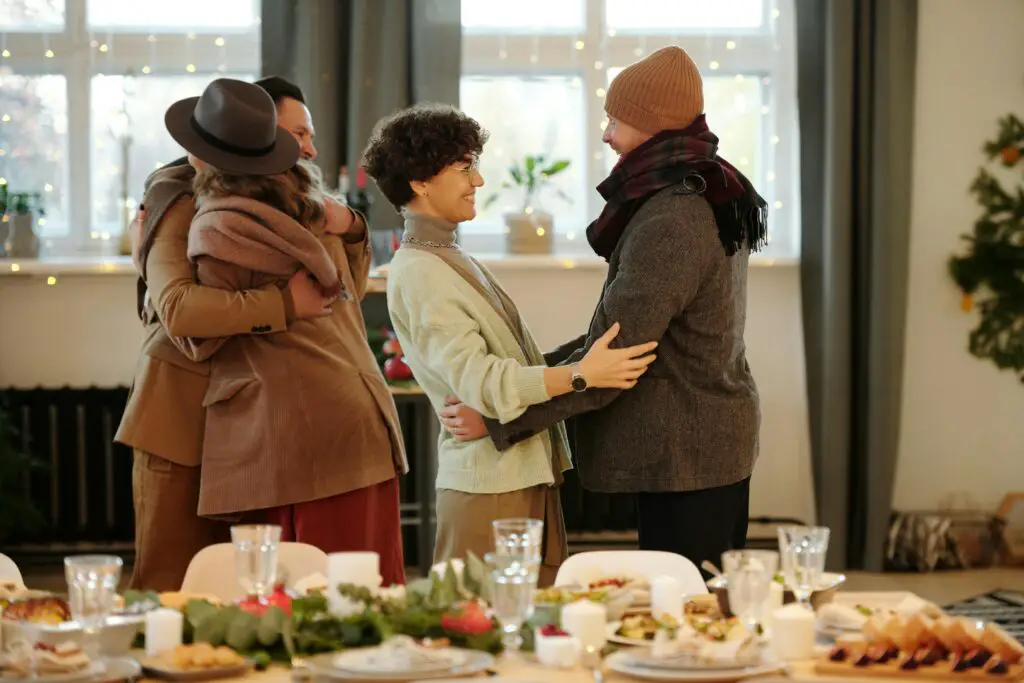
A simple “Good morning” or “Hello” was expected, not optional. If you walked into a room without saying anything, you’d get a quiet, “Let’s try that again.” It wasn’t a demand, just a reminder that acknowledging others mattered.
This small act of respect helped build connection. You learned that showing kindness didn’t take much effort, but it made a big difference. Over time, greeting people became second nature. And it all started with a calm, consistent expectation.
9. Cleaning Up After Yourself
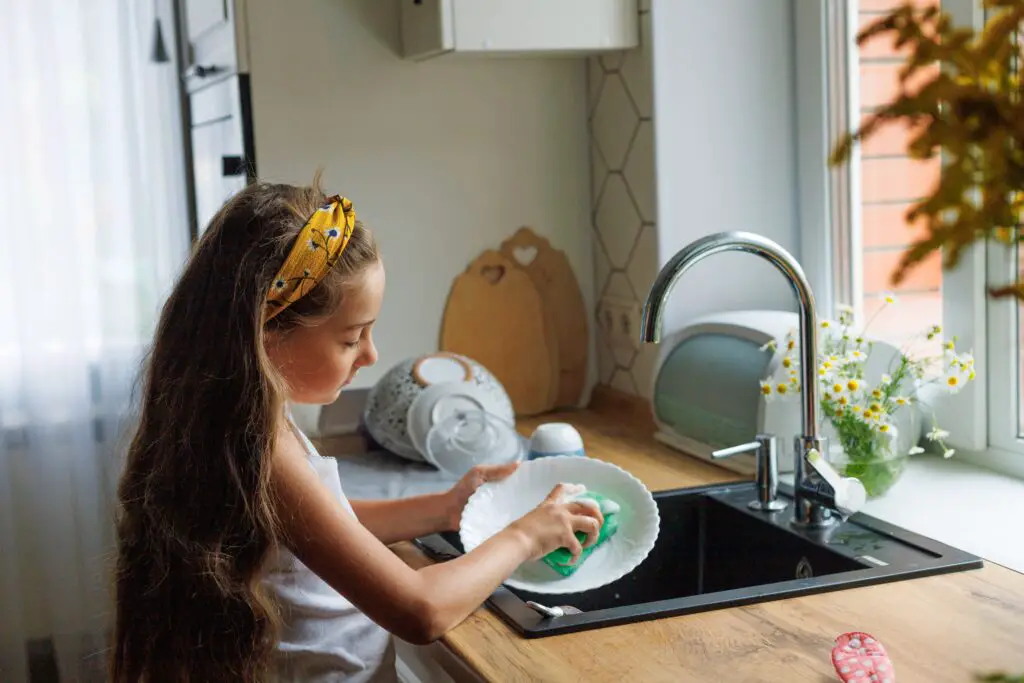
Leaving a mess behind wasn’t met with yelling, just a calm, “Take care of your things.” If you forgot, you weren’t shamed—you were simply reminded. The expectation was clear: respect your space and the people around you.
This quiet guidance made responsibility feel normal, not forced. It taught you that respect wasn’t just about words, but also actions. Eventually, you cleaned up without being asked, not out of fear, but out of habit. And that lesson stuck for life.
10. The Power of a Thank You

For every meal, gift, or kind gesture, a thank you was expected. If you forgot, a soft, “What do we say?” brought it back. It wasn’t about forcing politeness but about recognizing kindness.
Over time, gratitude became second nature. You didn’t say “thank you” just to be polite—you meant it. That simple, quiet reinforcement taught you respect in the most natural way. And it made the world feel just a little bit kinder.
11. Learning to Wait Patiently

Impatience wasn’t met with yelling, just a steady, “We wait our turn.” Whether it was waiting in line or letting someone finish speaking, the expectation was clear. If you tried to push ahead, you’d be gently guided back with a quiet reminder. No one had to raise their voice because the rule never changed. This consistency made you understand that waiting wasn’t a punishment—it was a form of respect.
Over time, you stopped seeing waiting as a burden and started accepting it as part of life. You learned that respect wasn’t just about what you said but also about how you behaved. Whether at the dinner table, in a store, or during a conversation, you waited because it was the right thing to do. And because no one yelled about it, you never associated it with frustration—just with basic kindness.
12. Helping Without Being Asked
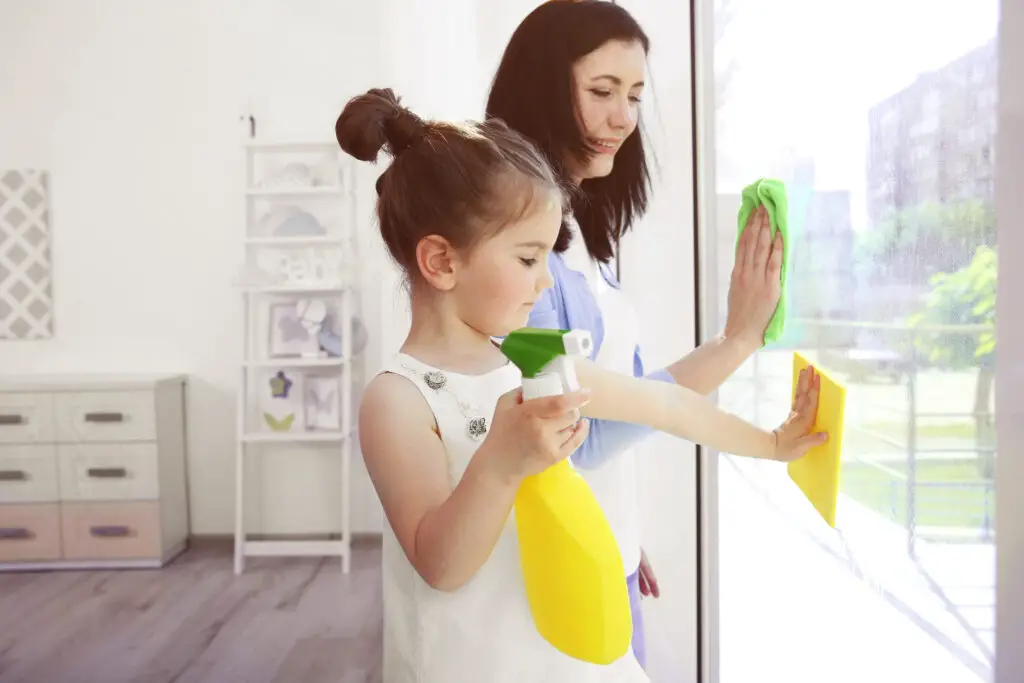
If someone needed a hand, you didn’t wait for them to ask. You carried grocery bags, picked up something that fell, or set the table before dinner. No one forced you to do it, but if you didn’t, a calm, “Wouldn’t it be nice to help?” reminded you. That quiet prompt made you realize respect wasn’t just about words—it was about action.
The best part was that you never felt like you were being bossed around. Helping others was just what you did, and it made you feel good, not burdened. Over time, you started noticing ways to help before anyone even had to say a word. And it all came from the gentle guidance of those around you, never from yelling.
13. Showing Gratitude in More Ways Than One

Saying “thank you” was just the beginning. Writing thank-you notes, showing appreciation with small gestures, or simply acknowledging someone’s effort was just as important. If you forgot, a soft, “Let’s show some gratitude,” brought you back. There was no anger, just a reminder that kindness deserved recognition.
This quiet reinforcement made gratitude feel natural, not forced. You realized respect wasn’t just about manners—it was about truly appreciating others. And because it was taught with patience, not shouting, it stuck with you for life. It became something you wanted to do, not something you had to do.
